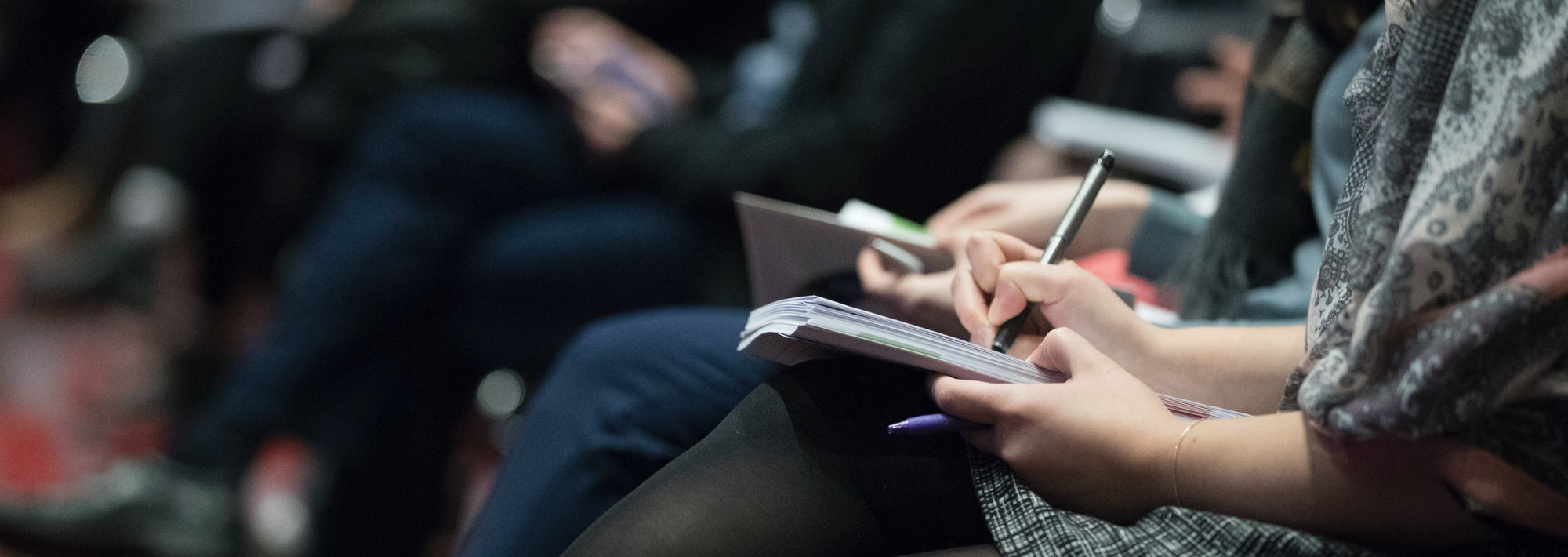
Interviewing is a skill that needs to be taught formally. Photo by The Climate Reality Project on Unsplash
A running theme in this newsletter is the idea that good software engineers don’t automatically make good interviewers. This is in contrast to the idea that being interviewed should not be a separate skill! As a result, formal interview training is a must for interviewers.
The problem is the required skills are not always taught to engineers, nor given their due respect. For example, interviewing skills are typically not taught in college, or in many cases, not even at the workplace. Some companies may provide training around avoiding bias, which is great, but it’s only one part of the puzzle. My hunch is companies provide this training for compliance reasons.
Lately, I’ve been thinking about what a good course on interviewing would look like, and I’d like to explore that today.
What every interviewer should know
Drawing on my writing from the past year, I believe the following topics should absolutely be covered in a formal training course for prospective interviewers:
-
Principles of hiring: looking for strengths instead of weaknesses, accommodating diverse backgrounds and skill sets, and the inherent power imbalance between interviewers and candidates.
-
Preparing to be an interviewer: practicing interview problems, familiarizing yourself with tools and technologies used by candidates, and other ways to be a strong interviewer.
-
What to expect during the interview: pre-interview preparation, how to introduce yourself, how to conduct the interview, and how to write post-interview feedback.
-
Apprenticeship: how the interview apprenticeship program works, and what is expected of both apprentices and experienced interviewers.
These are topics I’ve learned about over the course of hundreds of interviews, and I’m sure many candidates have been negatively impacted by my lack of experience in the beginning. Good training could prevent so much of that negative impact going forward.
I’ve already written about every single one of these topics, but I’m sure there’s more to talk about. So here’s my prompt for my readers: what do you believe every interviewer should know before interviewing candidates?